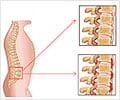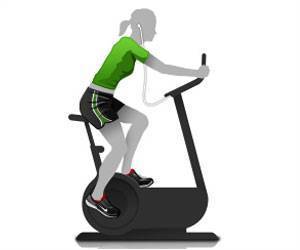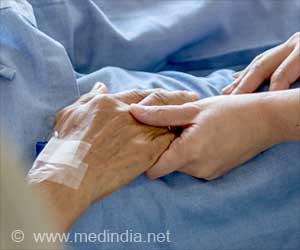New study reveals that regular exercise transiently suppresses local and systemic inflammation and can help achieve clinical efficacy in rheumatic disease.

These new research findings focused on the physiological changes created by exercise and their impact on inflammation. The researchers have found that exercise generates a true biological response and induces changes on a molecular level that stimulate anti-inflammatory effects.
"As the inflammatory process in rheumatic diseases is a major cause of disability, we are excited to uncover the process by which exercise works on a molecular level to decrease this inflammation. Our results show the benefits that exercise could have in decreasing the great burden of rheumatic diseases. They also highlight the need for frequent exercise in order to create clinically significant results," said Dr. Nicholas Young, presenting author from The Ohio State University Wexner Medical Center, Columbus, Ohio, US.
This in-vivo study measured the regulation and activation of NF-kB* in mice. NF-kB, a protein complex that controls many genes involved in inflammation, is found to be chronically active in many inflammatory diseases, such as inflammatory bowel disease and arthritis.
An inflammatory response was created in mice both before and after exercise through an injection of lipopolysaccharides† (LPS). The impact of exercise was measured over time following the inflammatory response.
There was a strong systemic and local inflammatory response upon injection of LPS, which was strongest at 2 hours post-injection. NF-kB activation was seen as a result of the LPS and was detected in lymphatic tissues throughout the mouse. In those groups where mice were exercised pre- and post-LPS injection, the NF-kB activation was significantly inhibited in whole-body systemic analysis.
Advertisement
The role of exercise in inhibiting NF-kB activation was linked to the suppression of multiple pro-inflammatory cytokines. Cytokines are produced by a wide range of cells including macrophages and are involved in cell signalling.Rheumatic disease is a term used to describe over 200 conditions characterised by inflammation, swelling and pain in the joints or muscles. They are leading causes of morbidity and disability, giving rise to enormous healthcare expenditures and loss of work.
Source-Eurekalert















